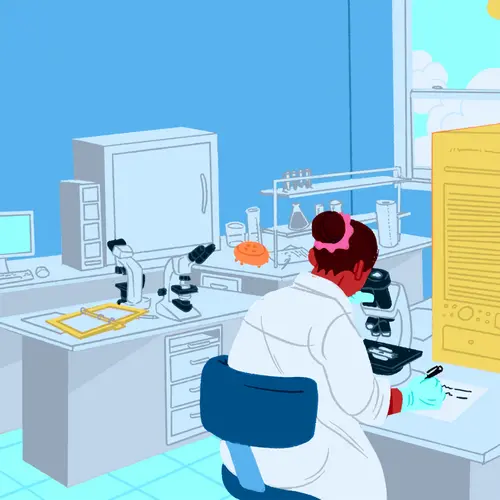Finding out that you have cancer can be overwhelming. Disbelief is common. Other emotions soon follow. Hearing that you’ve been misdiagnosed, though -- that the cancer is not what your doctor first thought, and maybe not cancer at all -- can be worse.
How It Happens
One of the reasons correctly diagnosing cancer is so difficult is that some cancers are harder to spot than others.
There are lots of reasons for this. Some forms of the disease are rare, so less attention is paid to them. And less is invested in learning how to diagnose and treat them. That makes mistakes more likely.
Sometimes, even with more common cancers, figuring out what’s cancer and what isn’t can be tricky. It can be hard to find cancer cells, or to figure out if a cell or group of cells is cancerous. That leads to pathologists -- the people who examine blood and tissue under a microscope -- seeing cancer where there’s none, or seeing none when it’s there.
Likewise, some infections can appear like lung cancer when seen on an X-ray.
Whatever the reason, misdiagnosis can lead to economic strain and it can be harmful to you. This is especially true if the mistake delays proper treatment.
What If It Happens to You
Whether your doctor or someone else tells you a misdiagnosis has been made -- or maybe nobody does -- getting a second opinion is crucial.
There are plenty of situations where you should get a second opinion. These include:
- Your doctor isn’t sure about the type or extent of your cancer.
- You think your doctor underestimates the seriousness of your cancer.
- You have a rare form of the disease.
- Your doctor doesn’t specialize in your type of cancer.
- You think other treatments may be available.
Thoroughness is important here:
- Speak openly and freely with all your doctors, including the one who may have misdiagnosed you.
- Keep copies of all your medical records, including pathology reports and hospital stays.
- Ask your doctors to get together and talk about your case, especially if they disagree on what’s going on.
- Get more opinions, if necessary, especially if the diagnoses vary.
Finding out that the first opinion was wrong can be devastating. But there’s help out there in finding a correct diagnosis.
Some organizations offer online searches to help you find a doctor to help clear things up. They include:
There’s also plenty of support out there to help you through your journey. The American Cancer Society’s National Cancer Information Center and the Patient Navigator Program both offer ways to find free, local help to help you handle a misdiagnosis.
You can talk with others who may be going through the same ordeal, online or on the phone, through groups like the Cancer Survivor’s Network or the Cancer Support Community.
